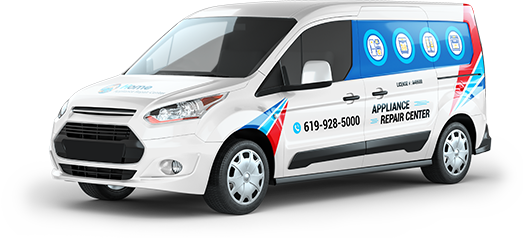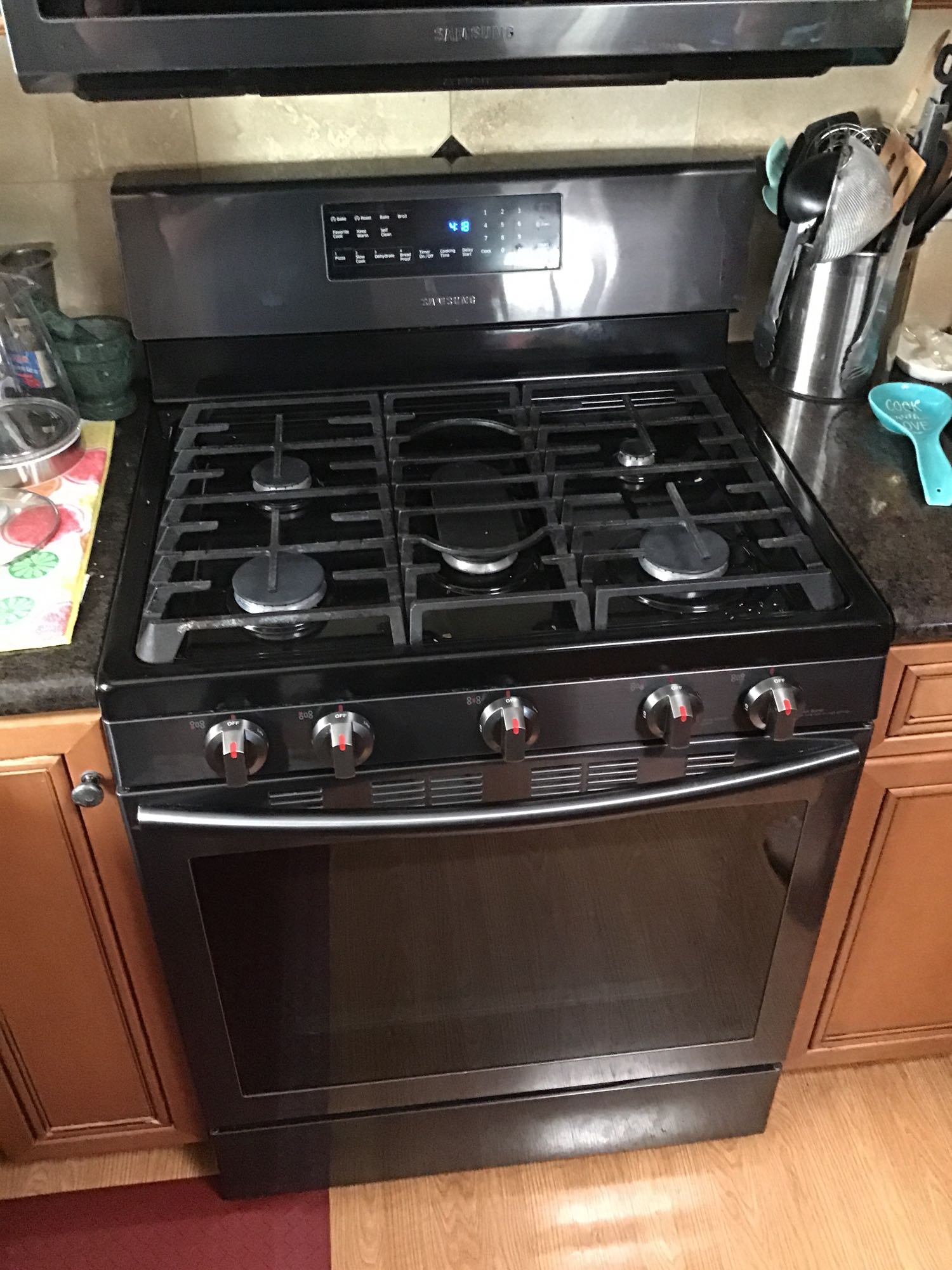Modern induction stoves have become a staple in many homes thanks to their efficiency, sleek design, and safety features. But even the most advanced appliance can face technical problems. One of the more puzzling and frustrating issues is when the stove appears to be working—lights are on, fans are humming—but it doesn’t heat. A common yet lesser-known cause of this issue is overheating of the power relay, a small but vital component that plays a big role in the stove’s operation.
What Is a Power Relay and What Does It Do?
In an induction stove, the power relay acts as an electrical switch that regulates the high voltage flow from your power supply to the induction coils beneath the glass-ceramic surface. These coils generate a magnetic field, which in turn heats the cookware directly.
The relay is designed to handle high current loads, turning on and off as needed depending on the temperature and settings. When it functions properly, it maintains consistent performance. However, if it overheats or is poorly ventilated, the relay can degrade or fail entirely, leading to malfunctions.
Symptoms of a Damaged or Overheated Power Relay
A stove with a faulty or overheated power relay may exhibit the following signs:
- The control panel turns on normally
- You hear internal clicks or see indicator lights
- There’s no heat production even when the correct cookware is used
- The surface remains cold despite “heating” being activated
These symptoms might mimic other problems like sensor faults or control board issues, but a technician can confirm whether the relay is at fault.
Why Does Overheating Occur?
Several factors contribute to the overheating of the power relay:
- Poor ventilation inside the unit: Dust, grease buildup, or blocked vents can trap heat inside the stove.
- Prolonged usage without breaks: Running the stove at high temperatures for extended periods without rest increases internal temperatures.
- Manufacturing defects or low-quality components: Budget models may use relays that aren’t built to last under frequent high-load conditions.
- Aging components: Even the best stoves wear out. Over time, relays can become less efficient at managing electrical flow, causing them to overheat.
What Happens When the Power Relay Fails?
When a relay overheats, the internal contacts can become welded together or fail to close properly. This prevents power from reaching the induction coils, so although the system seems “on,” the heating process doesn’t start.
Worse, repeated overheating can cause further damage. Heat can affect the printed circuit board (PCB) or even warp and stress the induction coil system. In some cases, this results in complete stove failure, requiring extensive and expensive repairs.
Preventing Power Relay Overheating
Regular maintenance and smart usage habits can help prevent this issue:
- Ensure proper ventilation around your stove
- Avoid covering vents with cookware, cloths, or utensils
- Clean the stove’s air intake and exhaust areas regularly
- Limit extended cooking sessions at high power without rest periods
- Have your appliance inspected by a professional every 1–2 years
If you’re buying a new stove, opt for well-reviewed models from trusted brands known for using durable internal components.
What to Do If Your Stove Stops Heating
If you suspect the stove is “working but not heating,” turn it off and unplug it. Continuing to run the appliance could worsen internal damage.
Then, contact a qualified repair service like Home Appliance Service Center. Our certified technicians are experienced in diagnosing and repairing induction stove issues, including power relay failures. We use high-quality parts and offer fast, reliable service that gets your kitchen back in working order quickly.
Don’t wait for the problem to escalate. Book your stove repair today with HOME APPLIANCE SERVICE CENTER. We’ll bring your stove—and your peace of mind—back to life.
Contact us
 619-928-5000
619-928-5000  Request Service
Request Service 
